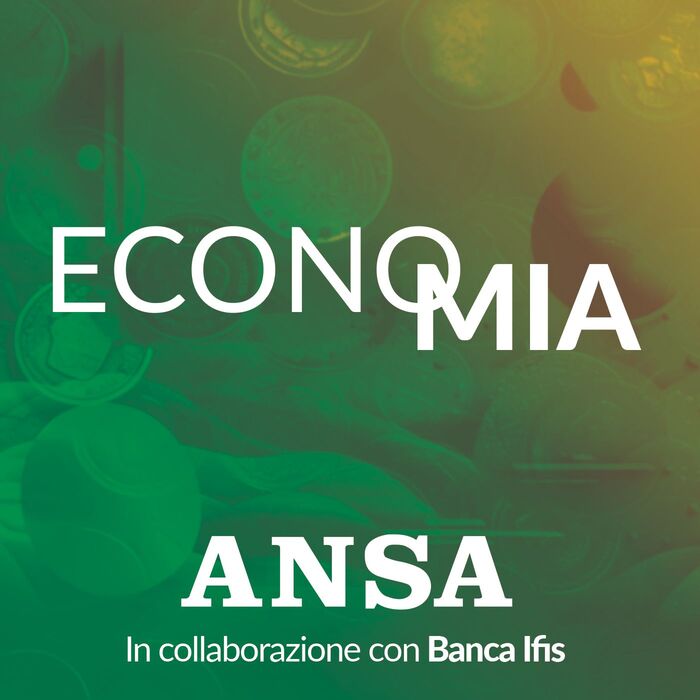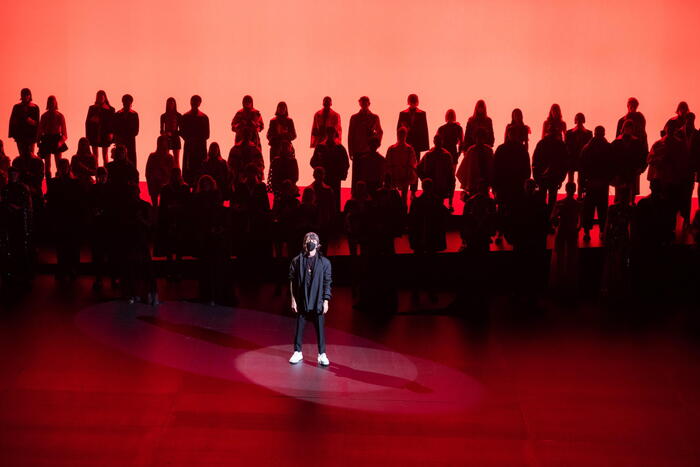A demonstration at the National University of Colombia, on April 28 in Bogotá. Mauricio Dueñas C. (EFE)
Trust/distrust between people is an essential component in human relationships.
From a family to a broader society, this explains and supports the ability/inability to generate spaces for coexistence and to undertake certain common goals and projects.
For this reason, when mistrust prevails, alarm lights go off that must be addressed with priority and attention.
There are, in this area, serious and very worrying indicators in the societies of the region.
Not only are these not being adequately attended to, but they are also worsening in the context of the economic, social, and institutional effects of the pandemic.
Process that has hit the Latin American region more than any other in the world (with only 8% of the world population, 30% of deaths).
If the institutional context of government changes in the region during the last two years through elections -and not through coups- reveals a healthy framework that could not be considered "exhausted", there are many warning signs present and that have increased in the last year.
Like few other reports, the latest one published by
Latinobarómetro
on 2021 provides several elements of information and analysis that should have deserved more attention given the seriousness and depth of various critical elements that raise deep questions about the prevailing discontent and the future of our democracies.
A time bomb underlies our geography and to deactivate it requires much more than good wishes.
Notwithstanding the positive aspect that government and parliamentary successions have been taking place through elections,
Latinobarómetro
rightly highlights the criticality of the economic, social and institutional context.
This has resulted in various spaces of sharpening and deepening of critical processes that dragged behind as well as in the reversal of some advances achieved at the beginning of the century.
Like, for example, the reversal of much of what has been achieved in reducing poverty;
post-pandemic there are 50 million people who fell from middle class to poverty.
Unprecedented, almost seismic, volume of regression.
There are numerous spaces in which the current crisis manifests itself, but three stand out.
First, the human, political and institutional effect of the regression in the reduction of poverty and the blow that it means for the middle class.
Francis Fukuyama has worked like no one else on the consequences of when the middle class feels affected, among which his capacity for mobilization and protest stands out.
Social outbreaks such as those produced during the last two years in Chile, Colombia or Ecuador have a crucial explanation in the mobilization of a middle class affected in their quality of life.
Second, the weakening of the already precarious legitimacy of democracy and the approval of public institutions, starting with governments.
Presidents have half the approval rating today that they had 10 years ago.
In that same order of expression of perceptions, if satisfaction with democracy was around 45% in 2009, today it has collapsed to a staggering 25%.
Third, the growing perception of the obvious fact that we live in a society plagued by injustice.
Starting with the very low percentage (17%) of people who feel that the distribution of wealth is fair and who describe access to education (58%), health (64%) or the administration of justice (77%) as unfair. %).
The worst indicators in twenty years.
Aspects such as these express an unavoidable fact of reality: the precarious institutional and social stability of Latin America and the immense powder keg on which the region rests.
In a context of free access of the population to information and interpersonal communication (by cell phones, social networks, etc.) in most countries, it is clear that the electoral renewal of governments and legislatures does not resolve or deactivate the prevailing institutional precariousness .
If we add to this the lowest recorded historical index of interpersonal trust (10%), the course of the protest and possible future social unrest is very difficult to predict.
Inertia and politicking would seem to be the worst route in which to continue to reoffend.
More than obvious are the urgent and urgent public policies in certain areas to face the most acute effects of the increase in poverty and institutional precariousness.
Areas such as health and public education, justice and citizen security stand out.
In that order of ideas, the little or no regional structuring is worrying at this critical hour in which each one seems to choose to play a different music without worrying about harmonizing with the rest of the region.
Priorities have to be completely redesigned because if they are not done, the ground is being sowed for authoritarian temptations to find fertile ground.
Not only are precise and at the same time ambitious goals urgent, but a Latin American structuring -today equivalent to almost zero- that allows designing shared strategies and jointly ringing an alarm bell.
That, for example, put on the agenda a kind of "Marshall plan" for the region that allows having resources to alleviate some of these precariousness and threats.
Without that plan seven decades ago, Europe devastated by the Second World War would have found it very difficult to get ahead in a short time.
I am afraid that we are far away and that there are no concrete signs that something like this -such as a massive emergency plan for development- is going to be proposed by the region, for example, at the Summit of the Americas to be held in Los Angeles in June .
Couldn't that meeting be taken into account, at least as a pretext, to coordinate strategies and projects that have real meaning and utility for our region?
Subscribe here to the EL PAÍS América
newsletter
and receive all the key information on current affairs in the region
Exclusive content for subscribers
read without limits
subscribe
I'm already a subscriber














